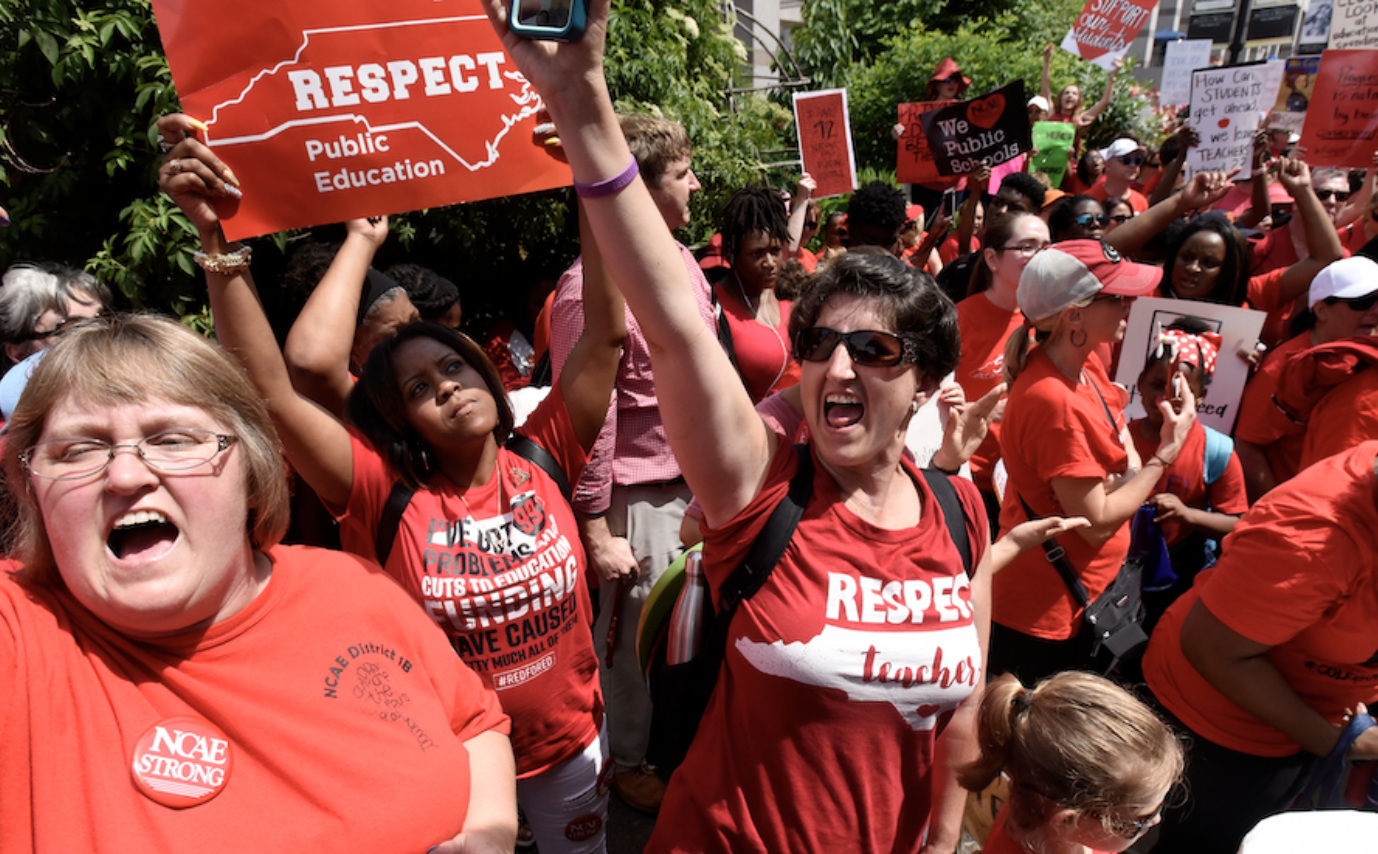
West Virginia Just Passed The Nation's Broadest School Choice Law
For a state that couldn’t pass a modest measure on Education Savings Accounts just two years ago, it’s a breathtaking turnaround. What changed?
In summary, it is opening up the option for any student who attends a public school for a period of time to receive $4,600 dollars a year to go to paying educational expenses for homeschooling, private schooling, or tutors, with no needs or special circumstances requirements.
Its a small step, but, as the article goes into on the details, compared to how much power the teachers union previously wielded, its a big step in the right direction, and something that certainly should be built upon.
Of the about $12,000 currently spent per student, if we could get that up to about half in flexible education spending, including labor of homeschooling, I can imagine West Virginia possessing one of the best private school systems and leading the nation in mothers who are actually able to stay home and take care of their children. And maybe half the school budget too.
Big dream, true, but, hey, lets swing from the fences, and celebrate victories as they come. Not too much doom.


-1.png)